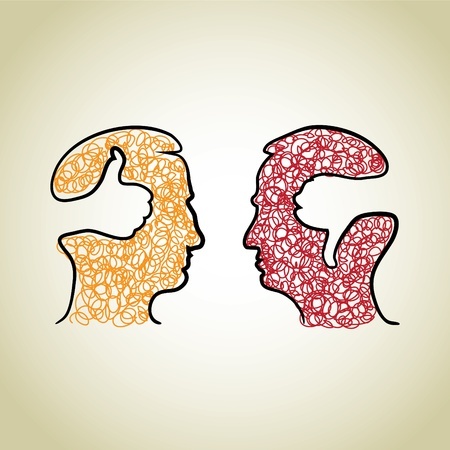Like body knowledge, body prejudice originates from our capacity to categorize and generalize on the basis of personal movement experience. As I write in Beyond Words, second edition:
Over time, a positive or negative meaning comes to be associated with a certain type of movement. If this meaning is automatically projected onto all similar movements, regardless of context and modifying details, an inappropriate and prejudicial reaction may result.
Just because a movement is pre-judged does not mean it is judged wrongly, but this is always a possibility. When making sense of movement, the tendency to make prejudicial judgments is magnified because movement is very easily “tuned out” and handled subliminally. When making sense of movement becomes a subconscious process, it is all too easy to overlook contextual features that qualify the meaning of a given behavior.
The following anecdote illustrates how the easily unexamined movement perceptions can become prejudicial.
Once I was assigned to observe a fellow classmate. She was in the habit of slouching against the studio wall and staring into space — a posture and effort mood that I equated with being “out of it.” In fact, I was surprised that she seemed to be keeping up in class.
Once I examined her movement behavior more closely, however, a different impression emerged. I realized that my classmate’s staring into space, which I perceived as a Remote effort state of bound flow and directness, was actually an Awake state, of sustained time and directness. In other words, she was paying attention to what was going on in class, in a very prolonged and precise manner.
This realization made me aware of my own body prejudice. When I’m engaged in a class, I’m not prone to relax passively against the wall. And when I pay attention with the Awake state, I prefer to combine directing and indirecting with quickness.
Mies van der Rohe, was right – God is in the details. In the next blog I explore how Laban Movement Analysis can be applied to enhance body knowledge and minimize body prejudice.
